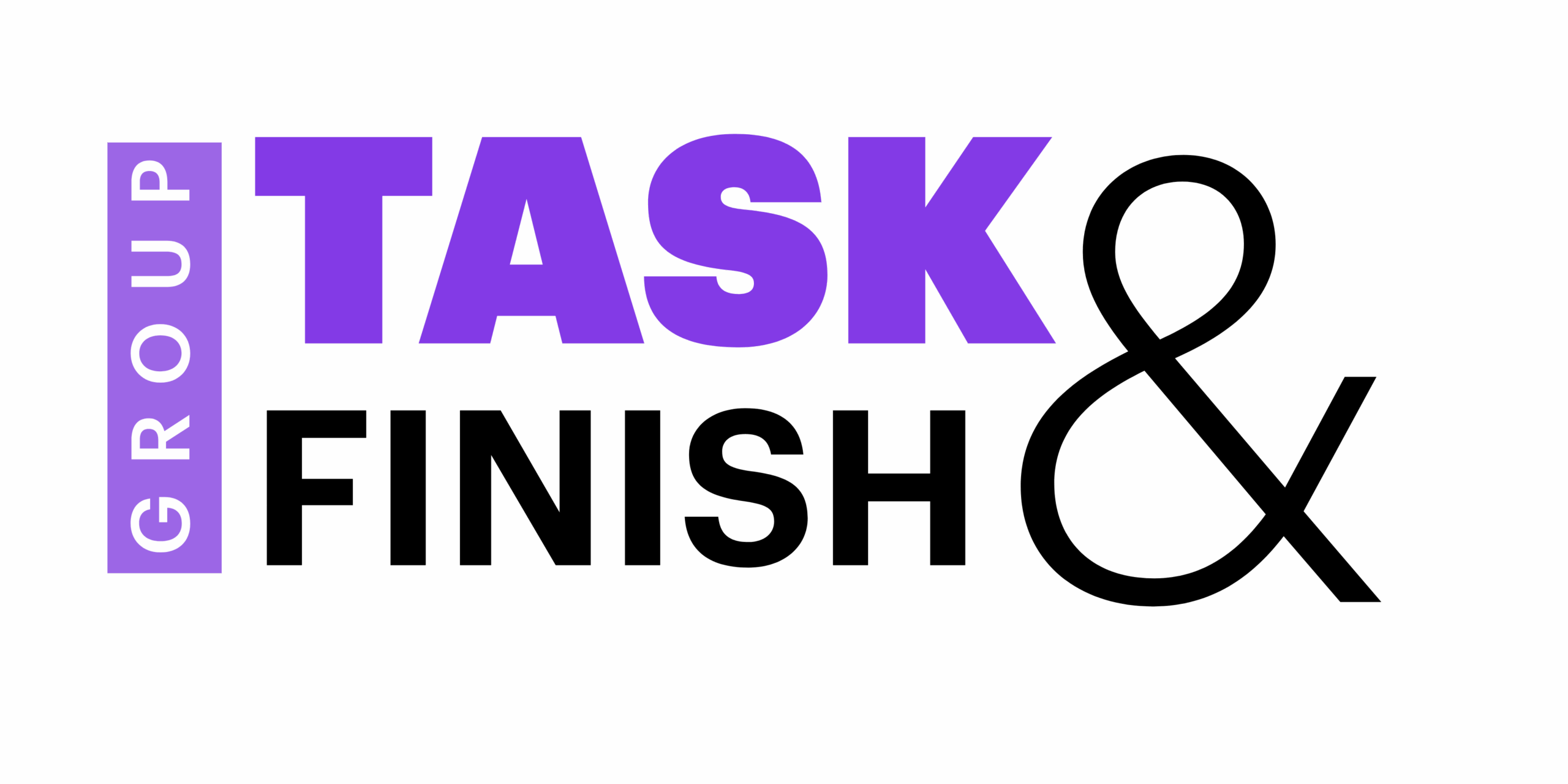EXPLORE STM TRENDS 2029: STM'S FUTURECAST
ACCESS THE TRENDS
Content-update Signaling and Alerting Protocol
CUSAP enhances transparency and integrity in scholarly records, notifying platforms of updates to published works for responsible dissemination.


Researcher Identity
Examining publisher methods for verifying identities of authors, reviewers, and editors to strengthen research integrity through a unified framework.


Article 4 Implementation
Task & Finish Group (TFG) on implementation of Article 4 of the 2019 EU Directive for Copyright in the Digital Single Market (DSM).


The STM Future Lab
The Standards & Technology Future Lab is a platform for a wider STM Community to share input and insights to help us advance trusted research. Our Lab is composed of a diverse membership of inspired individuals, appointed by their own organisations, who are eager to help envision future strategies to drive our mission forward.

Alt-Text Accessibility
The Alt-Text Accessibility Task & Finish Group (TFG) aims to deliver best-practice recommendations for the creation of alt-texts for scholarly images, to help to enable publishers to in making their content accessible to users with disabilities, and in meeting the W3C’s Web Content Accessibility Guidelines (WCAG) 2.1 Level AA standards.


The Latest from STM
Making scholarly images more accessible: STM’s Draft Taxonomy now open for feedback
The STM Alt Text Task & Finish Group (TFG) has released a draft image-type taxonomy for scholarly images — and we’re inviting your feedback. This draft is the result of a collaborative effort by STM members to support accessible publishing, with a focus on helping authors and publishers write better image descriptions (alt text). Not only does…
In the Media | Times Higher Education — “Unseen efforts to catch paper mill outputs bear fruit”
In an article on growing threats to research integrity, Times Higher Education covers STM’s report Safeguarding Scholarly Communication: Publisher Practices to Uphold Research Integrity. The article describes how publishers are increasingly focused on identifying integrity issues before publication—responding to paper mills, AI-enabled fabrication, and coordinated fraud networks—while scaling up research integrity teams and collaborating on…
New Report Documents Publisher Investment in Research Integrity Infrastructure
THE HAGUE, Netherlands (January 13, 2026) – A new report, released today, offers the first collective look at the range of approaches scholarly publishers are deploying to tackle threats to research integrity, threats that have evolved in nature and scaled dramatically in recent years. The STM-commissioned report was researched and compiled by research firm Research…
A recap: STM Integrity & Innovation Days 2025
On 9–10 December 2025, STM’s annual Innovation & Integrity Days brought together publishers, startups, funders, researchers and infrastructure providers for two days of focused, cross-sector collaboration in London. Now in its third year (building on the legacy of STM Week), this year’s Innovation & Integrity Days reflected a noticeable shift: more dialogue across traditional boundaries, more…

 JOIN
JOIN